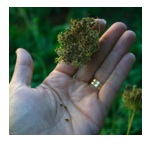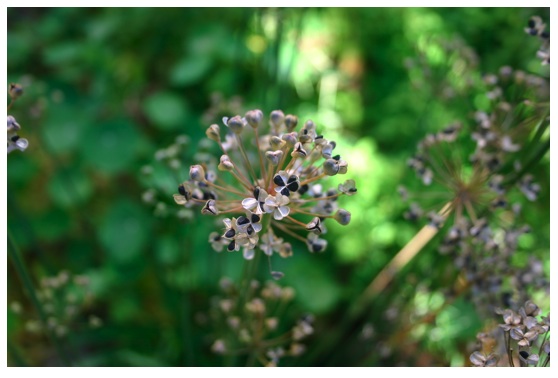 Some years are better than others when it comes to harvesting your own home grown vegetables. When a bumper crop comes around the best thing you can do is to save the seed from this harvest to ensure your best chances of success and reproduce those same results next year.
Some years are better than others when it comes to harvesting your own home grown vegetables. When a bumper crop comes around the best thing you can do is to save the seed from this harvest to ensure your best chances of success and reproduce those same results next year.
But how do you store these champion seeds and how long will they last?.
Sink or swim
Viability tells you if your seeds are alive and whether they’re going to germinate or not. Non-viable (or dead) seed will float in water, similar to bad eggs. If you’ve ever tried a “sink or swim” experiment you’ll notice that fresh eggs will sink to the bottom while old stale eggs will float to the surface and shouldn’t be consumed.
Likewise, put your seeds in a jar of water and give them a gentle stir. If they float they’re no good, don’t bother saving these seeds. If they sink they’ll be fine to use and should germinate.
After collecting your seeds, the most important thing is to clean and dry dry them thoroughly so they don’t rot in storage. This is particularly so for wet seeds like tomatoes and cucumbers. Seeds that mature and dry out naturally can drop out of their pods, shells or husks more cleanly (e.g. beans, peas, coriander etc)

Storage
Store your seeds in a cool and dry place for best results. Keep them away from high temperatures and humidity or moisture as these elements will mean rapid decline in quality. Storing the seeds in a paper envelope is preferred. While some people like to store their seeds in the refrigerator, there is always a risk of moisture building up and rotting the seed.
So how long will they remain viable?
Short viability – collect every year
Different types of seeds last for different lengths of time. Parsnip and onion seeds, for example, only have a short viability and fresh seeds need to be used every season.
Medium viability – collect every other year
Other seeds like corn, capsicum, peas and beans are seen as having an average viability of two or three years.
Long term viability – collect every few years
Melons, spinach, lettuce, cucumbers broccoli, cabbage, beetroot and squash will remain viable for up to 5 years or more.
In 1879, at Michigan State College, various seeds were buried 20 inches below ground in uncorked bottles as an experiment in seed viability. Fifty years later, they were taken up and some of the seeds remarkably germinated ….. they were mostly weeds!




 Twitter
Twitter Facebook
Facebook